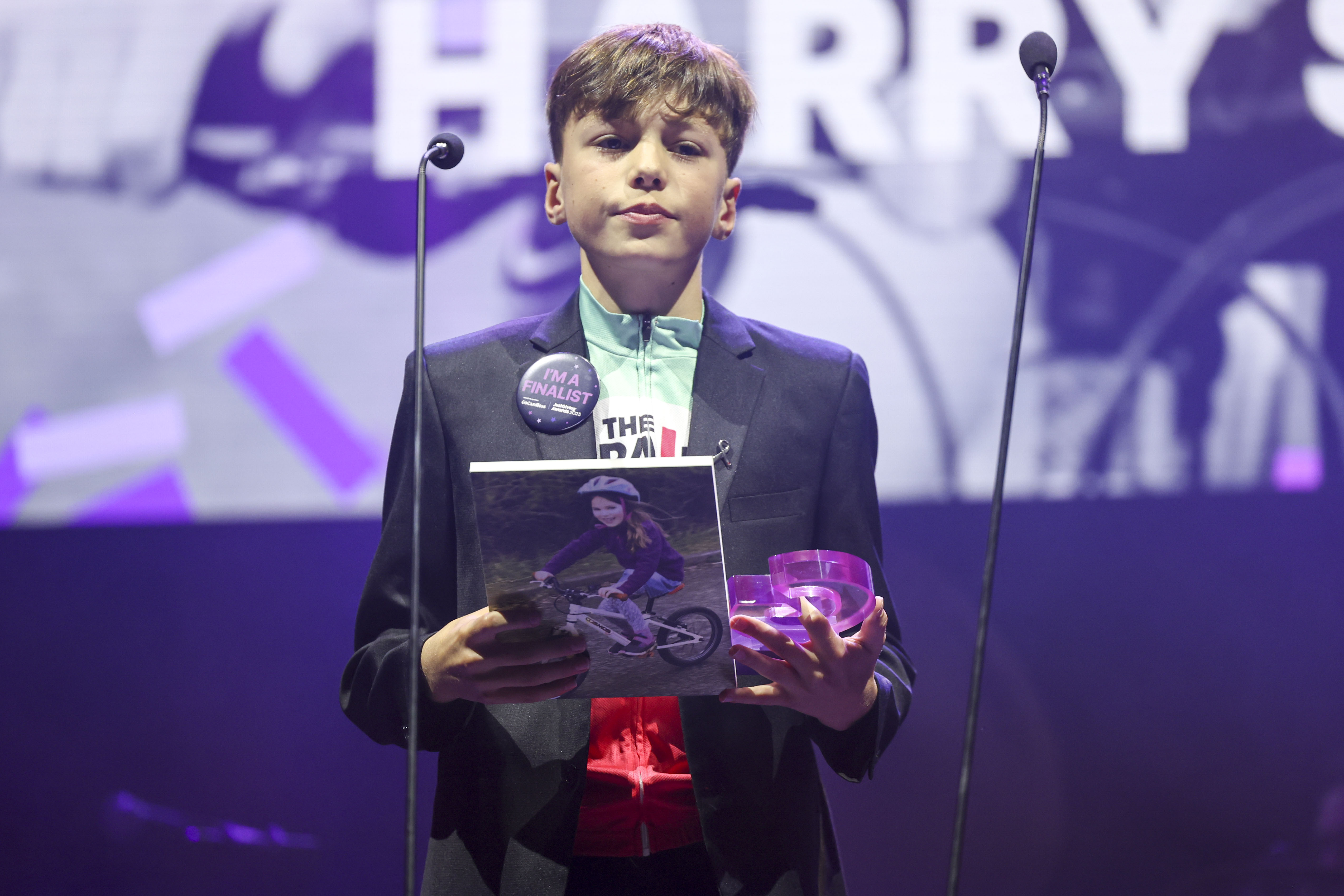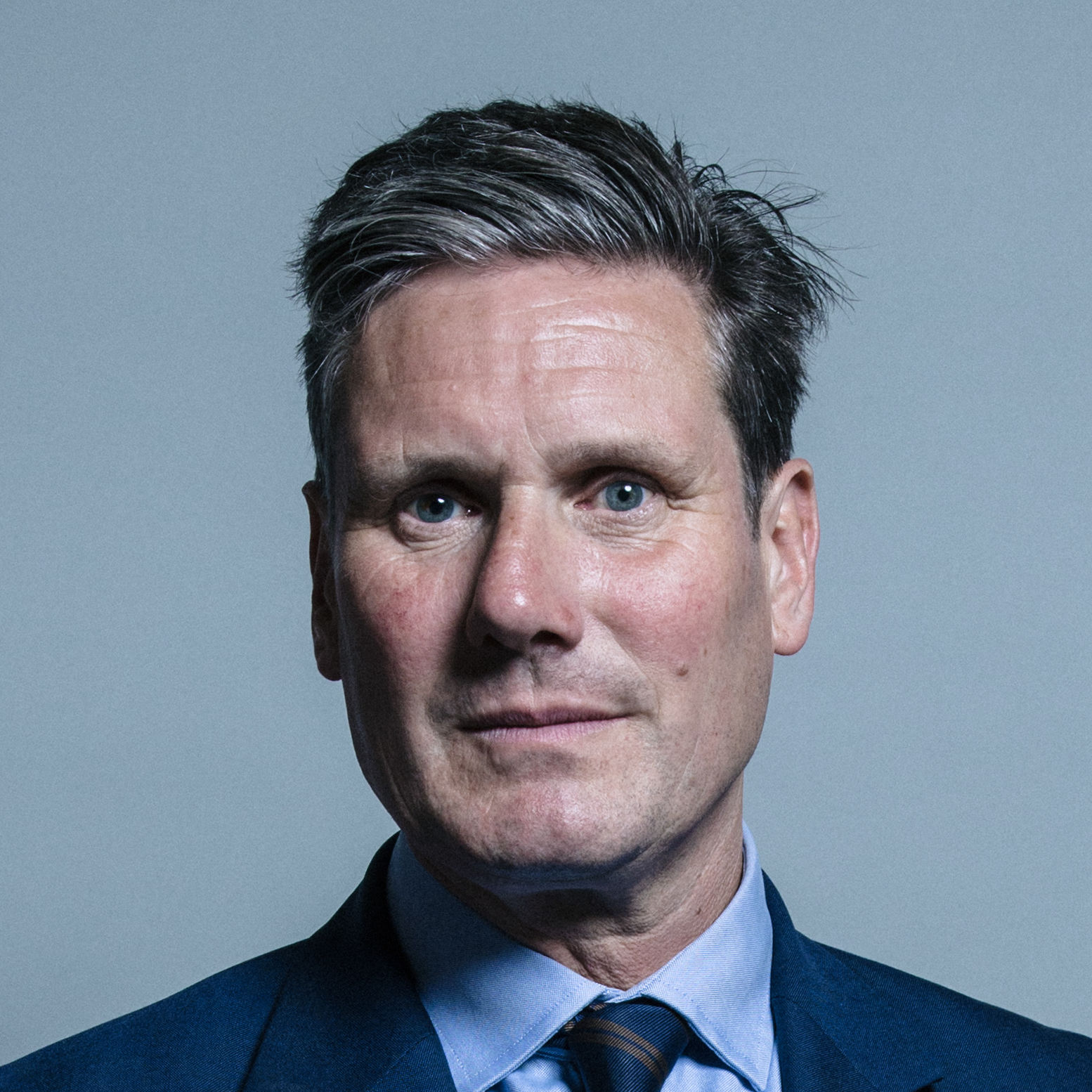The public have listed charities as the most effective organisations to stand up for the rights of disadvantaged communities and are backing their role to protest against government policy.
Among those surveyed 59% said charities were best placed to support those in need, twice as many as the 28% who believe local and central government can be trusted to support disadvantaged people.
Also, more than half of the public (53%) think charities should be more willing to challenge government politics.
Celebrities, including Marcus Rashford, are the second most trusted group to support disadvantaged people and stand up for their rights, listed by 42% of those surveyed.
The public itself and the mainstream media are also more trusted to support disadvantaged people than politicians, found the survey by online fundraising platform Enthuse, released as part of its Donor Pulse series of analysis into donor behaviour.
A lack of trust in faith groups and religious organisations to help those in need is also revealed, with only a fifth of those surveyed trusting these groups to be effective in their support.
The findings show that charities “have a clear mandate to stand up for the rights of those in need”, says Enthuse chief executive Chester Mojay-Sinclare.
🍂Donor Pulse Autumn is here!🎃
— Enthuse (@enthuseco) September 28, 2023
The latest edition of our research looks at:
⚖️Public trust in charities
🤔Whether people think charities should get political
💰The latest on the cost of giving
Available for free here: https://t.co/MmWtA9gurW#Charity #Politics pic.twitter.com/bmiL1367PF
The survey was carried out in August this year and involved more than 2,000 members of the public and found two thirds (67%) believe the government should provide more funding to good causes.
The public were also asked to rank how much they trusted charities and the work they do on a scale of one to ten.
This saw 45% rank charities at between eight and ten, a third rank them as moderately trustworthy (six-seven) with 22% with a low trust ranking of five and below.
“While it is of concern that 22% say they have low trust in charities, and something for the sector to work on, it is worth noting that the average level of trust is 6.94 (out of ten) across the public. This points to a positive outlook for this influence on donations,” added Mojay Sinclare.
Young people’s trust in charities
Older millennials, aged between 35 and 44 are the most likely to have high trust in charities. Among this group two thirds gave charities a trust ranking of at least eight out of ten, compared to two in five 18- to 24-year-olds and the same proportion among the over 65s.
“It is worth considering how to include messaging to help build trust for different ends of the age spectrum where these figures are at their lowest, says Ethuse.
Tackling food poverty, supporting older people and helping those with disabilities are considered uncontroversial issues for charities to campaign on, with a high proportion of the public willing to support charities backing these causes.
But support weakens on so-called culture war issues such as around equality and refugee rights, particularly among older people.
Nine in ten 18- to 44-year-olds and almost eight in ten over 45s are willing to back charities supporting people experiencing food poverty.
In contrast, half of 18–44-year-olds would back charities supporting LGBTQIA+ issues. This proportion dips to just 29% among the over 45s.
However, Enthuse points out that "under 45s are more likely to donate across the board, and almost twice as likely to give to LGBTQIA+, ethnic minorities and migrants
causes".
"For charities operating in these areas, while there is a more open younger audience, there is also opportunity in campaigns focused on educating older audiences around the issues," it added.
Enthuse's previous Donor Pulse survey was released in the summer and found that young people are more likely to give to charities that have been criticised in the media.
More than a quarter (27%) of the public say they are motivated to give to a good cause in reaction to criticism made against it. This proportion rises to 48% among generation Z.













Recent Stories